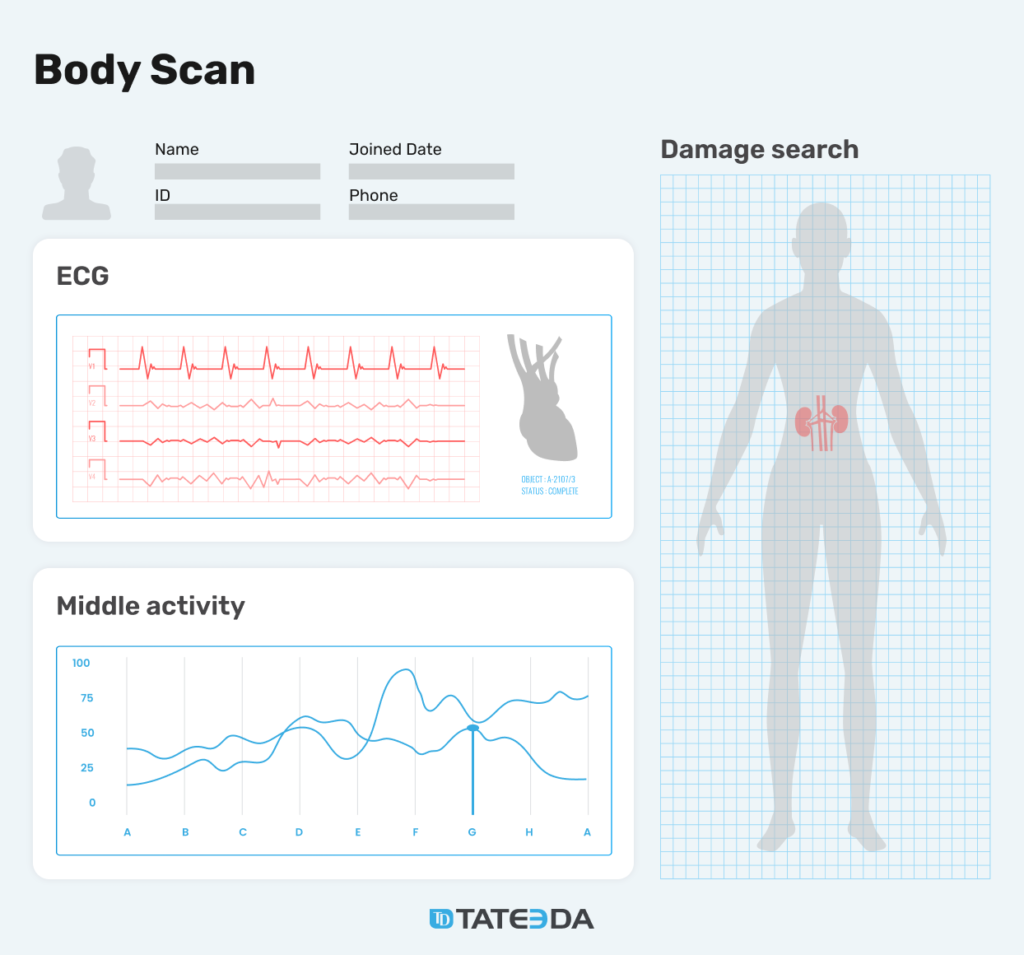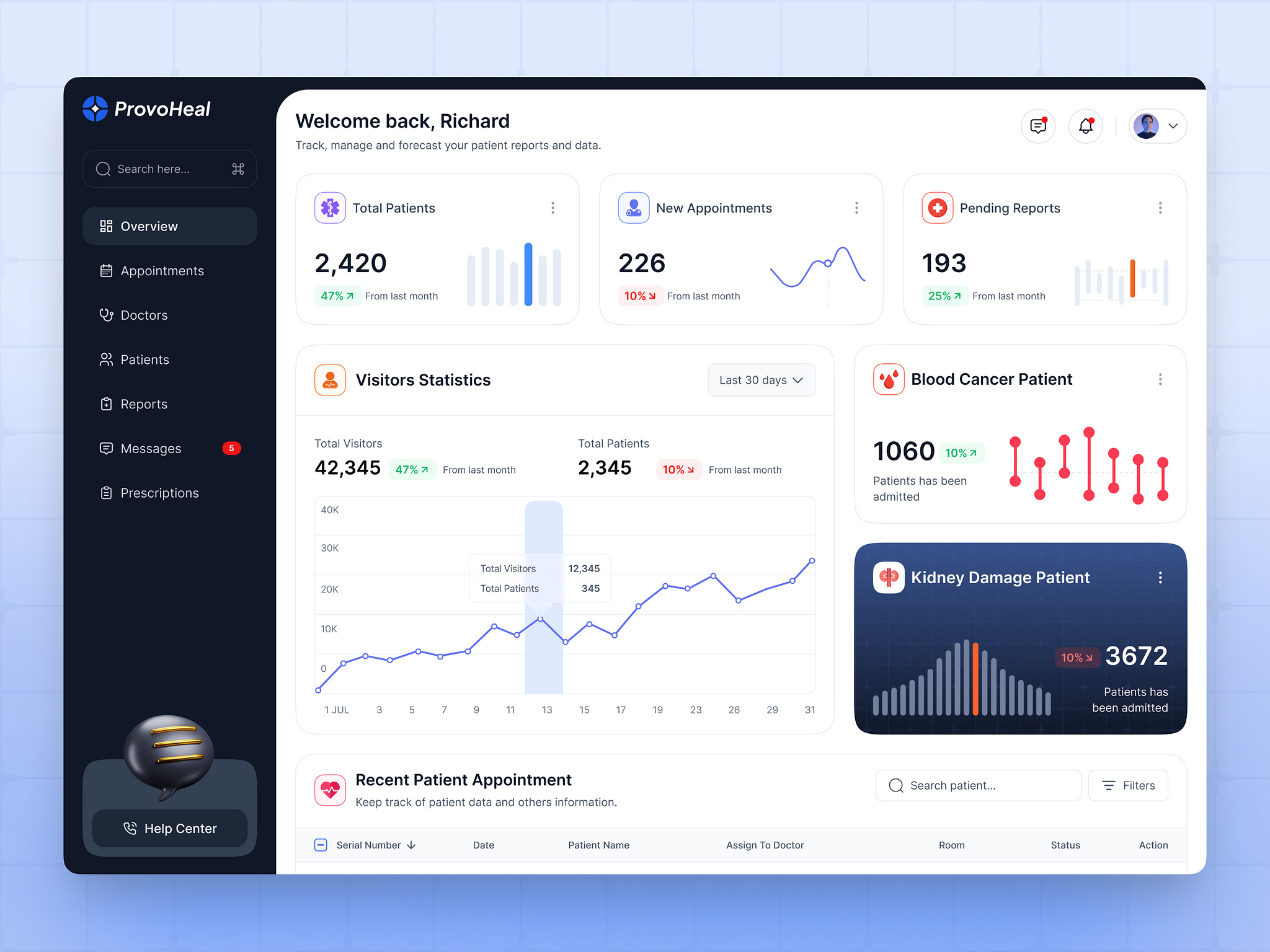Cancer Research
Our cancer research program focuses on developing and applying advanced statistical methods to understand the complexities of cancer biology, improve treatment strategies, and personalize patient care. We collaborate with leading oncologists and researchers to address critical challenges in oncology, from biomarker discovery to long-term survival analysis.
Key areas of our research include the development of novel statistical models for high-dimensional genomic data, the integration of multi-omics data to identify new therapeutic targets, and the use of machine learning algorithms to predict treatment response and patient prognosis. We are committed to translating our research findings into clinical practice to make a tangible impact on the lives of cancer patients.

Clinical Trials
The Cancer Trials Center is at the forefront of designing and conducting innovative clinical trials. We specialize in adaptive trial designs, which allow for greater flexibility and efficiency in evaluating new therapies. Our statistical expertise ensures that trials are designed with rigor, conducted ethically, and analyzed with the most appropriate statistical methods.
We provide comprehensive statistical support for all phases of clinical trials, from initial design and protocol development to final analysis and reporting. Our team has extensive experience in a wide range of trial types, including dose-finding studies, randomized controlled trials, and large-scale, multi-center international studies. We are dedicated to accelerating the development of new cancer treatments through excellence in clinical trial methodology.

Biostatistics
Our biostatistics group is a hub of innovation, developing cutting-edge statistical methods for the analysis of complex biological and medical data. We work on a wide range of statistical challenges, from the analysis of high-throughput sequencing data to the development of causal inference methods for observational studies.
Our research in biostatistics covers areas such as survival analysis, longitudinal data analysis, Bayesian methods, and statistical genetics. We are committed to pushing the boundaries of statistical science to extract meaningful insights from complex data and to provide the quantitative foundation for evidence-based medicine.

Methodology
The Methodology research theme focuses on the development of novel statistical methods and computational tools to address the evolving challenges in cancer research. Our work in this area is highly interdisciplinary, involving collaborations with computer scientists, bioinformaticians, and clinical researchers.
We are actively developing new methods for the analysis of real-world evidence, the integration of clinical trial data with external data sources, and the development of personalized risk prediction models. Our goal is to create a robust methodological framework that supports the entire lifecycle of cancer research, from basic science to clinical application.
